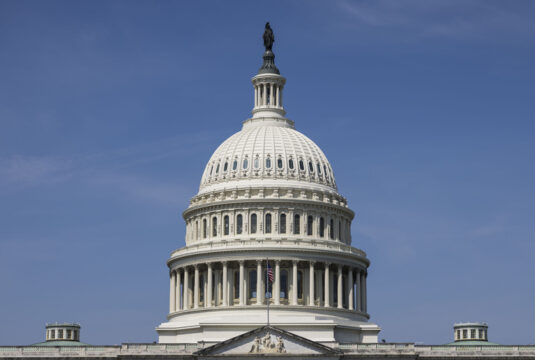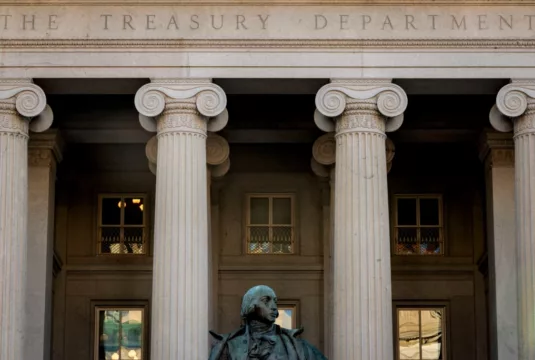U.S. Treasury Proposes Anti-Money Laundering Safeguards for Real Estate Sector
Rule would extend due diligence requirements to professionals in the residential real estate sector; commercial sector left unaddressed
A statement from Transparency International U.S.
February 7, 2024
Washington, D.C. – The U.S. Department of Treasury’s Financial Crimes Enforcement Network (FinCEN) today released a proposed rule to extend anti-money laundering safeguards to professionals in the U.S.’s residential real estate market. The proposed rule reflects a commitment made in the U.S. National Security Council’s national strategy on countering corruption.
The proposed rule would require real estate professionals to report, among other items, the beneficial ownership information—basic information about the actual people involved in the transaction—of companies and other legal entities that purchase homes through all-cash transactions, which currently make up one-third of all U.S. real estate purchases. The rule takes a risk-based approach and establishes a cascading reporting structure to ensure the filing and recordkeeping responsibilities fall to only one person involved in the transaction. The proposed rule does not cover commercial real estate transactions, which are often more complex than residential transactions as they often involve multiple buyers and/or funding sources.
Gary Kalman, Executive Director of Transparency International U.S. (TI US), issued the following statement upon the release of the proposed rule:
This is a long-awaited proposal that, if finalized, will close a very significant loophole in the U.S.’s anti-money laundering framework that has been exploited for years. From 2015-2020 alone, more than $2.3 billion was reportedly laundered through U.S. real estate by corrupt officials, drug trafficking organizations, and other criminals—including a Mexican drug cartel that laundered millions of dollars through Florida real estate. With this rule, Treasury brings the U.S. closer to the frameworks used by other advanced economies.
Treasury’s establishment of a reporting hierarchy will ensure that no bad actor slips through the cracks—even if a title insurance company, lawyer, or escrow agent happens to be absent from a given real estate purchase. We are happy to see that Treasury heeded our suggestions to adopt such a system. The rule also covers sales to a comprehensive set of entities, including trusts and non-profit organizations, thereby limiting opportunities for evasion.
However, so long as Treasury continues to leave the risks posed by commercial real estate unaddressed, the U.S. will continue to lag behind other countries. Recent research from our office has shown that nearly 20 other OECD countries that we sampled applied their AML rules to both residential and commercial real estate transactions. The commercial sector accounts for more than 30 percent of all real estate money laundering cases and through which millions of dollars flow into the U.S. illegally each year. We encourage Treasury to move forward as promised and release a commercial real estate rule as soon as possible.
As Treasury Secretary Janet Yellen regularly acknowledges, the U.S. remains the number one location for money laundering in the world. If finalized, this rule will take another major step, following the recent, successful implementation of the Corporate Transparency Act, toward closing an existing gap in our country’s anti-money laundering framework.
###
TI US is part of the world’s largest coalition against corruption. In collaboration with national chapters in more than 100 countries, we are leading the fight to turn our vision of a world free from corruption into reality.
Related Resources
- Read the proposed residential real estate rule from Treasury;
- Read TI US’s four key takeaways from the proposed rule;
- Read TI US’s comment on FinCEN’s Advance Notice of Proposed Rulemaking regarding money laundering through real estate;
- Read TI US’s recent report, A Welcome Mat for Corruption, on how AML rules for U.S. real estate lag behind some 21 other countries;
- Read Global Financial Integrity’s 2021 report on the real estate sector, Acres of Money Laundering.
Media Contact
Gary Kalman, Executive Director, Transparency International U.S.
Telephone: +1 215 439 7090
Email: gkalman@us.transparency.org
Twitter: @TransparencyUSA





